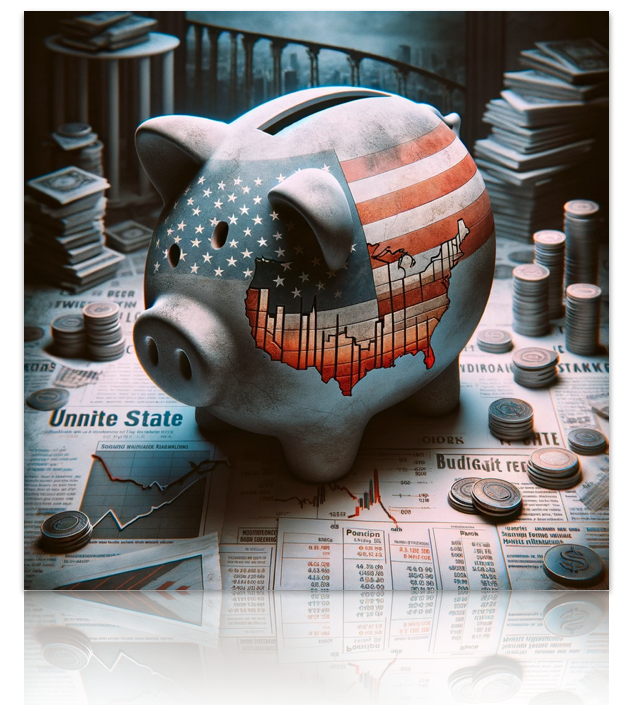Examining the Racial Wealth Divide in 1968: Beyond Black & White Perspectives | A Kemetic Minds Data Science Inquiry

The Racial wealth gap should be a great blog post to look into further for additional reference. So, let's look at the wealth gap between other races not often mentioned. I'm doing this to dispel the notion that I might be targeting any specific group. Additionally, I noticed many different sources mainly highlighting Black, White, and Latino comparisons, but what about the others? That is an excellent argument from one of my viewers: Here was the one comment on the video I received, w hich was interesting; I'll gladly go to work on the comment, by the way: Part One: What is your point? First, the short video was not an attack video on white people but a data highlight. My intuition tells me it was taken as an attack video due to the derogatory and condescending nature of the reply. Response : The title of the video initially was The 1968 wealth gap between black and white families, so the short was to highlight the disparities back then. P...
